Our doctors and veterinary care professionals have a plan for puppy care that will make sure your new bestie gets everything he or she needs. Here are five areas in which we’ll help your puppy start off on the right paw to make sure you share many happy, healthy years together.
- A first puppy wellness exam. Schedule an appointment for the puppy’s first wellness exam before he or she joins your family so you don’t need to wait if our schedule is busy. During this first appointment, we’ll examine your new family member from nose to tail to check the eyes, ears, skin and teeth, listen to its heart and lungs, look for muscle or skeletal problems, and discuss potential congenital defects specific to its breed. This appointment is also your opportunity to ask questions about and solicit recommendations on the four topics listed below.
- Protection from infectious diseases and parasites. A puppy’s developing immune system means they can become seriously ill very quickly if exposed to disease. Puppies need protection from infectious diseases and parasites, so we’ll recommend vaccines that are appropriate to their (and your) lifestyle. Rabies vaccinations are required by law and are typically given at 16 weeks of age. A series of canine distemper vaccines will be recommended to protect your puppy and others it comes into contact with from several diseases, including parvovirus, which can be deadly to very young dogs. A series of leptospirosis vaccines is also recommended because leptospirosis is a disease that can be transmitted from pets to humans. If you’re planning to have your puppy participate in a socialization class or go to the dog park, a groomer or boarding facility which can require close contact with other pets, we’ll recommend canine influenza and Bordetella vaccines. Puppies also need protection from external parasites (mosquitoes, fleas and ticks) as well as internal parasites (roundworms, hookworms and whipworms) so year-round parasite prevention is of the utmost importance. A fecal sample from your puppy will help us determine if treatment for internal parasites is needed.
- Proper nutrition. Based on your puppy’s breed and potential size at adulthood, we’ll recommend a nutritionally balanced food targeted for appropriate growth. We’ll also discuss with you setting an established feeding schedule based on your puppy’s current age, size and activity level as well as tasty treats to reward them with during housebreaking or good manners training.
- Behavioral development. There are number of critical development periods during a puppy’s first 3-6 months when it’s imperative they be exposed to different people, places, animals and things, while being alert for signs that the puppy may not be comfortable in specific situations. We’ll strongly encourage you to enroll your new pet in a positive reinforcement puppy socialization class and provide resources to help you create experiences that are necessary for your puppy to gain future life skills.
- Spay or neuter surgery. Our doctors recommend most puppies be spayed or neutered between 6-8 months of age; however, we recognize there is some scientific evidence that delaying spay or neuter surgery for large breed dogs may be beneficial. We’re happy to discuss the benefits and risks of this surgery as it relates to your dog’s breed and lifestyle to help you make a decision.
For more information about the best veterinary care for your new puppy, please call us at (630)598-0600.
